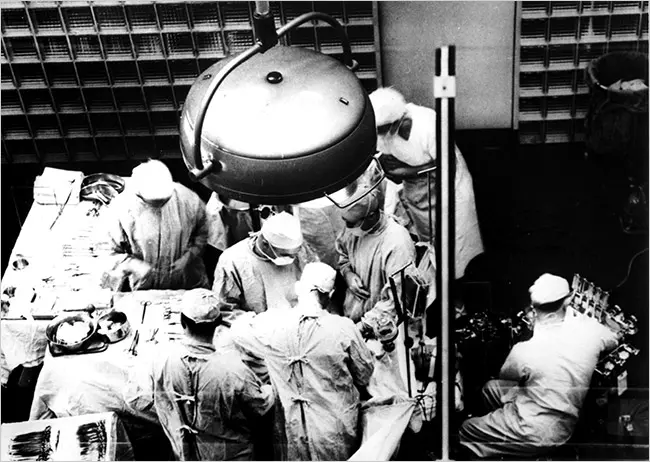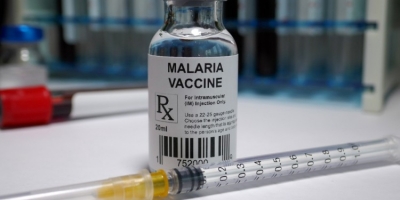WHAT AND WHEN WAS THE FIRST HUMAN ORGAN TO BE TRANSPLANTED SUCCESSFULLY?

In 1954, the kidney was the first human organ to be transplanted successfully. Until the early 1980s, the potential of organ rejection limited the number of transplants performed.
The first ever successful transplant of any organ was done at the Brigham & Women's Hospital in Boston, Ma. The surgery was done by Dr. Joseph Murray, who received the Nobel Prize in Medicine for his work. The reason for his success was due to Richard and Ronald Herrick of Maine. Richard Herrick was a in the Navy and became severely ill with acute renal failure. His brother Ronald donated his kidney to Richard, and Richard lived another 8 years before his death. Before this, transplant recipients didn't survive more than 30 days. The key to the successful transplant was the fact that Richard and Ronald were identical twin brothers and there was no need for anti-rejection medications, which was not known about at this point. This was the most pivotal moment in transplant surgery because now transplant teams knew that it could be successful and the role of rejection/anti-rejection medicine.
Credit : Wikipedia
Picture Credit : Google
